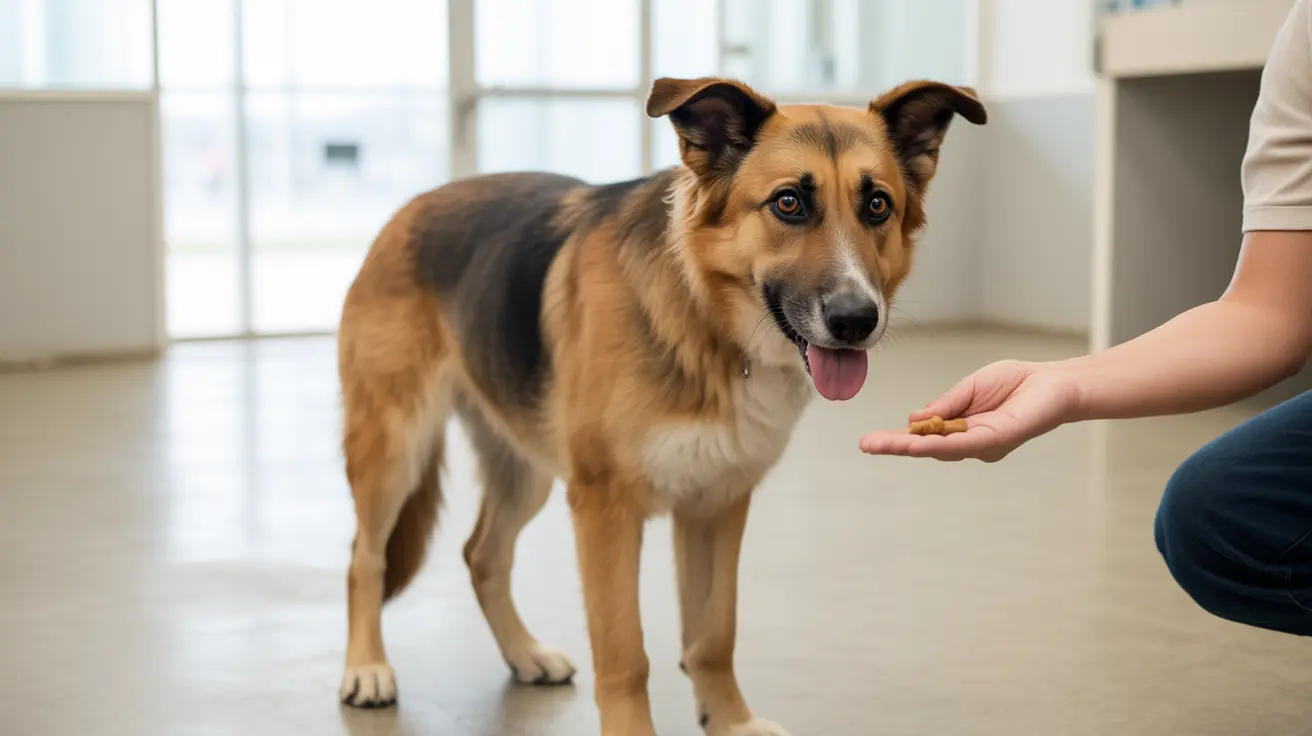Finding out your dog ate chicken bones can be a terrifying moment for any pet owner. While not every incident leads to an emergency, understanding the risks and knowing how to respond quickly can make a crucial difference in your pet's safety and recovery.
In this comprehensive guide, we'll explore the dangers of chicken bone ingestion, what steps to take immediately, and how to prevent future incidents. We'll also help you identify warning signs that require immediate veterinary attention.
Understanding the Dangers of Chicken Bones
Chicken bones pose several serious risks to dogs, particularly when cooked. These bones become brittle and can splinter into sharp fragments, potentially causing severe internal damage. The most immediate concerns include:
- Choking hazards from bones lodging in the throat
- Punctures or tears in the digestive tract
- Intestinal blockages requiring emergency surgery
- Bacterial contamination from raw bones
Immediate Actions to Take
If you've just discovered your dog ate chicken bones, follow these critical steps:
1. Assess Your Dog's Condition
Watch for immediate signs of distress such as coughing, gagging, drooling, or difficulty breathing. These symptoms require emergency veterinary care.
2. Contact Your Veterinarian
Even if your dog seems fine, call your vet immediately. They can provide guidance based on your dog's size, the amount of bones consumed, and other factors.
3. Monitor Your Dog
Keep a close eye on your pet for the next 48-72 hours, watching for concerning symptoms like:
- Vomiting or retching
- Lethargy or depression
- Loss of appetite
- Abdominal pain or swelling
- Bloody stool
- Constipation
Treatment Options and Recovery
Treatment approaches vary depending on the situation and may include:
- X-rays to locate bone fragments
- Endoscopic removal of accessible bones
- Surgery for severe cases
- Medication to help protect the digestive tract
- Dietary modifications to help pass bone fragments safely
Prevention Strategies
Preventing access to chicken bones is crucial for your dog's safety:
- Use secured trash containers
- Clear plates and counters promptly after meals
- Educate family members about the dangers
- Keep outdoor garbage areas secure
- Consider using pet-proof containers for food storage
Frequently Asked Questions
What should I do immediately if my dog eats a chicken bone?
Stay calm and contact your veterinarian immediately. Don't try to remove the bone yourself or induce vomiting unless specifically instructed by your vet, as this could cause additional harm.
What are the warning signs that my dog is having trouble after eating chicken bones?
Watch for choking, gagging, drooling, vomiting, lethargy, loss of appetite, abdominal pain, and changes in bowel movements. Any of these symptoms warrant immediate veterinary attention.
Can chicken bones cause choking or internal injuries in dogs?
Yes, chicken bones can cause serious injuries including choking, intestinal blockages, and perforation of the digestive tract. Cooked bones are especially dangerous as they splinter more easily.
Is it safe to induce vomiting if my dog swallows chicken bones?
No, never induce vomiting without veterinary guidance. Sharp bone fragments could cause additional damage coming back up through the esophagus.
How can I prevent my dog from eating dangerous chicken bones?
Secure all food waste in covered containers, keep kitchen counters clear, dispose of bones immediately after meals, and ensure all family members understand the importance of keeping bones away from dogs.
Conclusion
While a dog eating chicken bones can be scary, staying informed and acting quickly can help ensure the best possible outcome. Always err on the side of caution and contact your veterinarian if you suspect your dog has consumed chicken bones. Remember, prevention is the best strategy - keeping bones securely out of reach can save you and your pet from a potentially dangerous situation.






